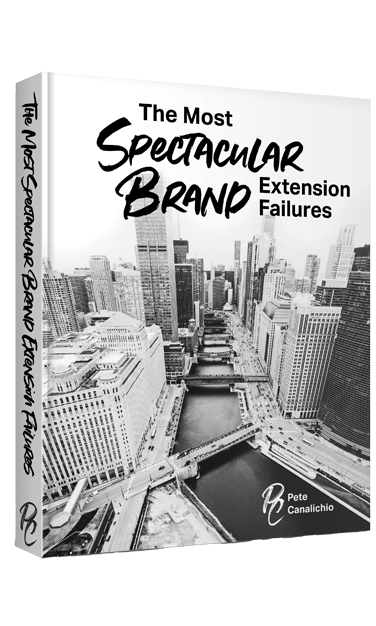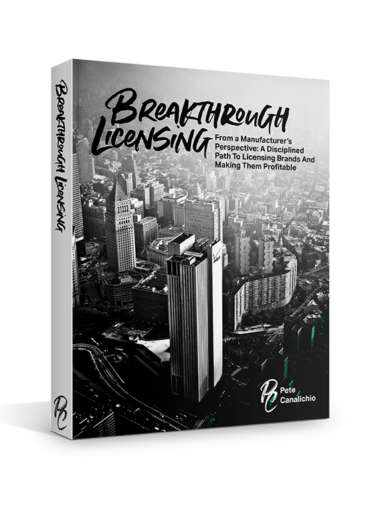According to Philip Kotler and Gary Armstrong, a brand is defined as “a name, term, sign, symbol or combination of these, that identifies the maker or seller of the product (or service).” The brand or its legal term, trademark, affixed to the product helps people understand where it was manufactured or produced. From the brand owner’s perspective, it distinguishes the products or services from those of its competitors. People, in turn, can be assured the product they are purchasing is exactly what they want. Based on its reputation, a brand will convey a level of quality, reliability, and durability.
The primary reason companies choose to brand their products is to differentiate them from their competitors’ products. For example, most people have no difficulty differentiating a Coke from a Pepsi. By assigning their products with a brand, a company or brand owner can begin to communicate with their audience regarding the attributes of their products. Over time, the audience can begin to rely on the brand to connote not only a product’s value but also its reputation.
Licensing means the renting or leasing of an intangible asset. A company owns two types of assets: tangible and intangible. Tangible assets are physical holdings such as a factory, machines, buildings, computers, and furniture. Examples of intangible assets include a song, such as Need You Now by Lady Antebellum, a character like Disney’s Donald Duck, a person’s name such as George Clooney, or a brand like The Ritz-Carlton.
An arrangement to license a brand requires a licensing agreement. A licensing agreement authorizes a company that markets a product or service (a licensee) to lease, i.e., rent, a brand from a brand owner who operates a licensing program (a licensor).
Companies license their brands for a variety of reasons. Licensing enables companies with brands that have high preferences to unlock their brands’ latent value and satisfy pent-up demand. Through licensing, brand owners have the ability to enter new categories practically overnight, gaining them immediate brand presence on store shelves and often in the media.
Licensees borrow the rights to a brand to build into their merchandise, but traditionally they do not share ownership in it. Having access to major national and global brands, and their associated logos and trademarks, gives the licensee significant benefits they previously did not possess. The most important of these is the marketing power the brand brings to the licensee’s products. Building a brand from scratch can take years, millions of dollars and a lot of luck. The company which licenses a brand gains immediate access to all the positive name and image building that went before it.

A whimsical stroll through the graveyard of history's most spectacular brand extension failures.
SEE DEtails
Spend time in increments of one hour with Pete over Zoom discussing topics including brand strategy, marketing strategy, brand expansion and brand licensing.
SEE DEtails
This guide answers just about every question you, as a manufacturer or licensee, might have about finding prospective brands, winning, and profitably running a licensing program.
SEE DEtails